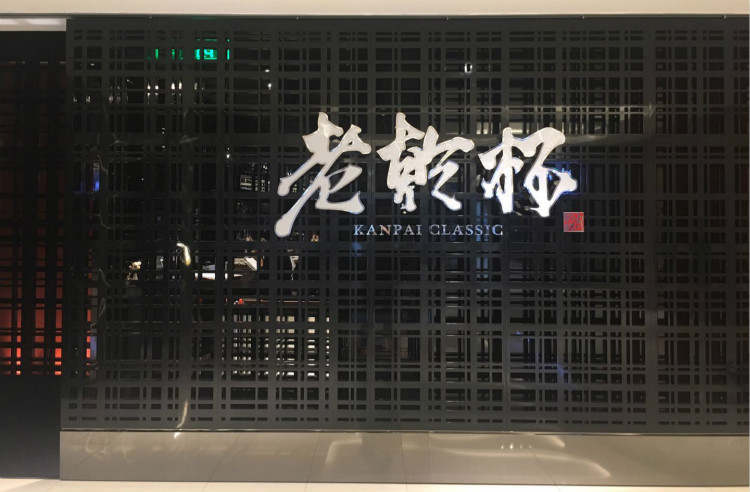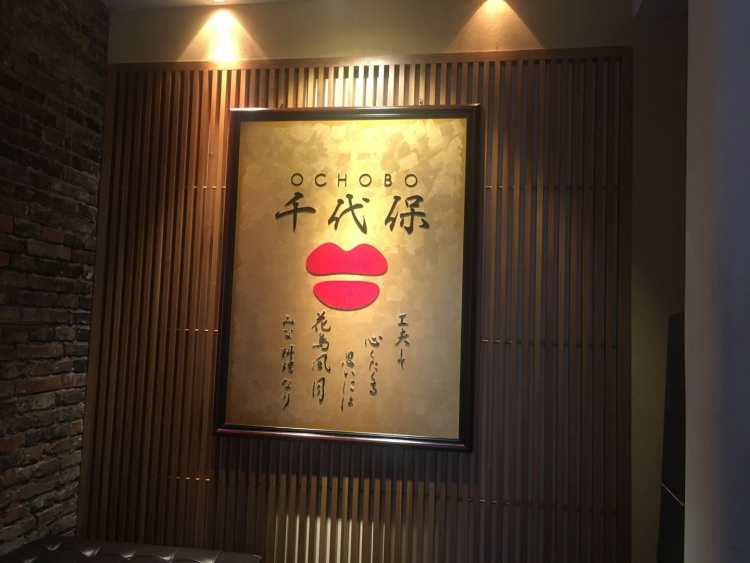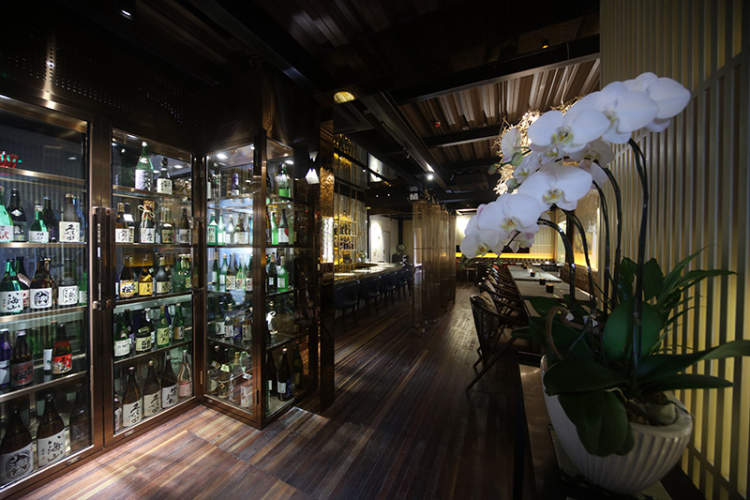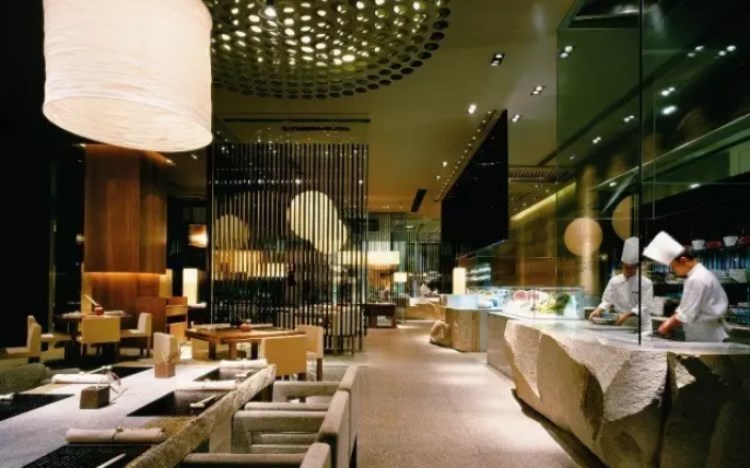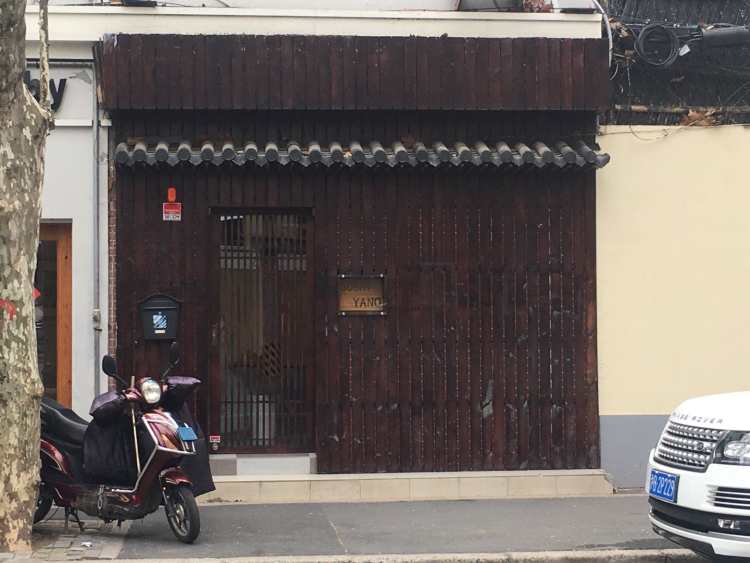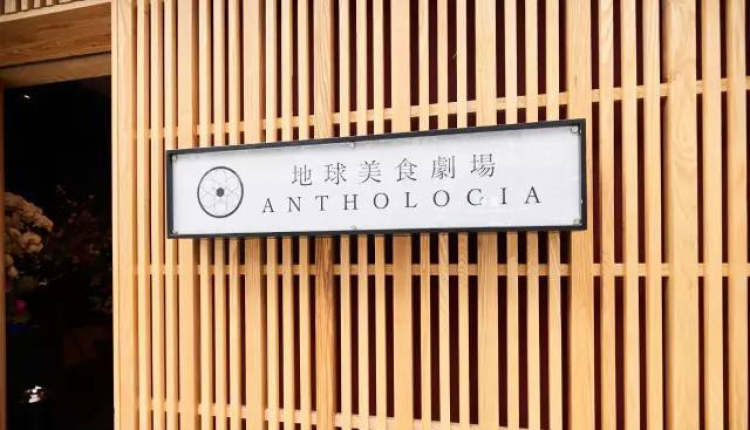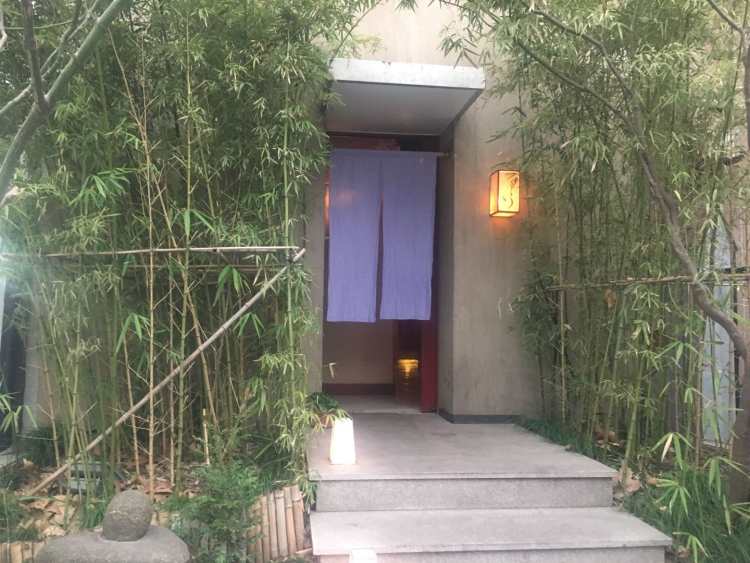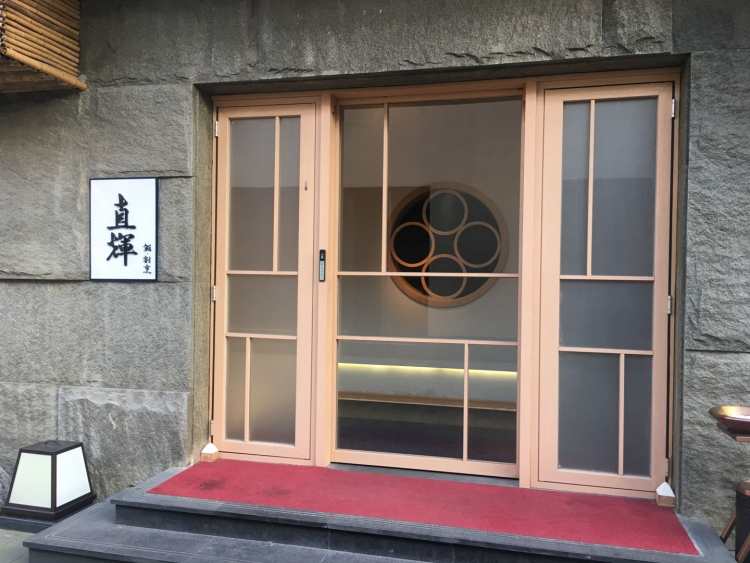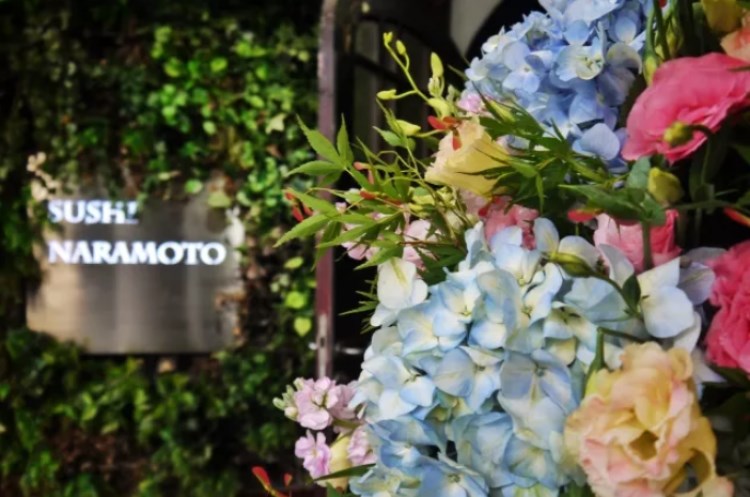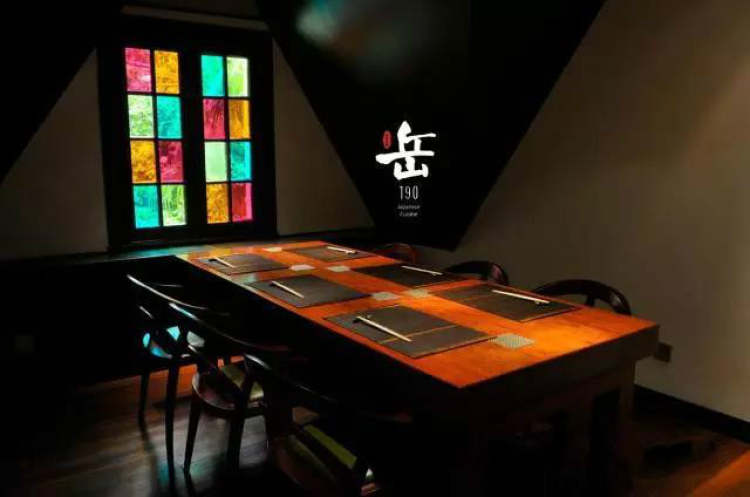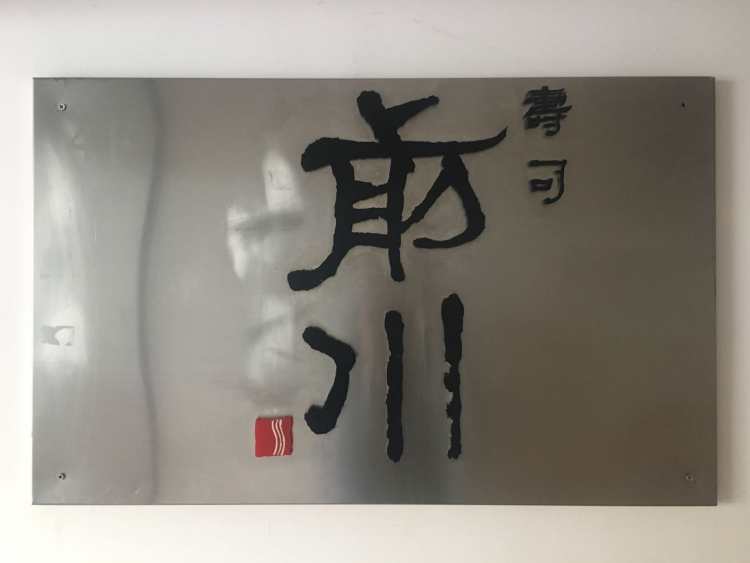Top 10 recommended in the 2025 Shanghai Japanese Cuisine Rankings
-
3500 per capita Taste 8.9 Environment 8.9 Service 8.91
- Score
- 88
- popularity
- 20471
-
Sora cicada kaiseki cuisine bund
2500 per capita Taste 8.9 Environment 8.9 Service 8.92- Score
- 87
- popularity
- 16055
-
Shanghai Sushi Taro Hengshan Road area
1400 per capita Taste 8.9 Environment 8.9 Service 8.93- Score
- 87
- popularity
- 17011
-
Sushi Oyama Jing'an Temple District
1300 per capita Taste 8.9 Environment 8.9 Service 8.94- Score
- 85
- popularity
- 17474
-
Sushi Ichi
1500 per capita Taste 8.9 Environment 8.9 Service 8.95- Score
- 85
- popularity
- 17365
-
Old Cheers (Shangyu Lang Main Store) bund
650 per capita Taste 8.9 Environment 8.9 Service 8.96- Score
- 85
- popularity
- 14630
-
Chiyoho kaiseki cuisine Jing'an Temple District
880 per capita Taste 8.9 Environment 8.9 Service 8.97- Score
- 83
- popularity
- 15557
-
橼舍鮨木木 Xujiahui / Shanghai Indoor Stadium
1200 per capita Taste 8.9 Environment 8.9 Service 8.98- Score
- 82
- popularity
- 14787
-
Nadawan Lujiazui
500 per capita Taste 8.9 Environment 8.9 Service 8.99- Score
- 81
- popularity
- 15956
-
Sushi Yano Hengshan Road area
1995 per capita Taste 8.9 Environment 8.9 Service 8.910- Score
- 80
- popularity
- 14955
-
camellia Jing'an Temple District
1000 per capita Taste 8.9 Environment 8.9 Service 8.911- Score
- 80
- popularity
- 17319
-
ANTHOLOGIA GLOBE FOOD THEATER Xujiahui / Shanghai Indoor Stadium
1000 per capita Taste 8.9 Environment 8.9 Service 8.912- Score
- 79
- popularity
- 11683
-
Kappo Yu Hengshan Road area
800 per capita Taste 8.9 Environment 8.9 Service 8.913- Score
- 78
- popularity
- 15172
-
Naoki Sushi Hongqiao hub area
1600 per capita Taste 8.9 Environment 8.9 Service 8.914- Score
- 78
- popularity
- 10752
-
Kappo Waki Hongqiao hub area
1500 per capita Taste 8.9 Environment 8.9 Service 8.915- Score
- 77
- popularity
- 17662
-
Tsukiji Kaiyuki Sandaime (Mahler Villa Store) Jing'an Temple District
500 per capita Taste 8.9 Environment 8.9 Service 8.916- Score
- 76
- popularity
- 16444
-
蟹的岡田屋(静安寺店) Jing'an Temple District
350 per capita Taste 8.9 Environment 8.9 Service 8.917- Score
- 76
- popularity
- 18870
-
Naramoto Sushi Hengshan Road area
1000 per capita Taste 8.9 Environment 8.9 Service 8.918- Score
- 75
- popularity
- 14434
-
Yue 190 Hengshan Road area
1000 per capita Taste 8.9 Environment 8.9 Service 8.919- Score
- 74
- popularity
- 13660
-
Maekawa Sushi Hongqiao hub area
1000 per capita Taste 8.9 Environment 8.9 Service 8.920- Score
- 73
- popularity
- 15962
-
Flower flavor Xintiandi area
500 per capita Taste 8.9 Environment 8.9 Service 8.921- Score
- 68
- popularity
- 17010
Recommended rankings for related categories
- Shanghai Japan Cuisine
- Shanghai Chaocai Restaurant
- Shanghai cafeteria
- Shanghai Steakhouse
- Shanghai private restaurant
- Shanghai Western Restaurant
- Shanghai coffee shop
- Shanghai Cafe
- Shanghai Hunan restaurant
- Shanghai Zhejiang Restaurant
- Shanghai Huaiyang Restaurant
- Shanghainese cuisine
- Shanghai local cuisine
- Shanghai Cantonese restaurant
- Shanghai hot pot
- High-end Cantonese cuisine in Shanghai
- Shanghai seafood restaurant
- Shanghainese Korean Cuisine
- Shanghai Sichuan restaurant
- Shanghai beef hot pot restaurant
- Shanghai Tavern
- Shanghai Xinjiang Restaurant
- Shanghai Hui Restaurant
- Shanghai Yunnan Restaurant
- Shanghai Afternoon Tea Restaurant
- Shanghai Music Restaurant
- Shanghai Tea Restaurant
- Shanghai vegetarian restaurant
- Brunch Restaurant in Shanghai
- Shanghai Northeast cuisine
- Spanish Restaurant in Shanghai
- Shanghai cocktail bar
- Northwest cuisine in Shanghai
- Shanghai Craft Beer Bar
- Southeast Asian restaurant in Shanghai
- Shanghai Cake Shop
- Foreign Restaurants in Shanghai
- Shanghai fried restaurant
- Shanghai xiaolongbao shop
- Shanghai crayfish shop
- Shanghai kebab shop
- Shanghai Crab Feast
- Shanghai noodle shop
Top 10 Popular Japanese Cuisine in Shanghai
-
1
20471
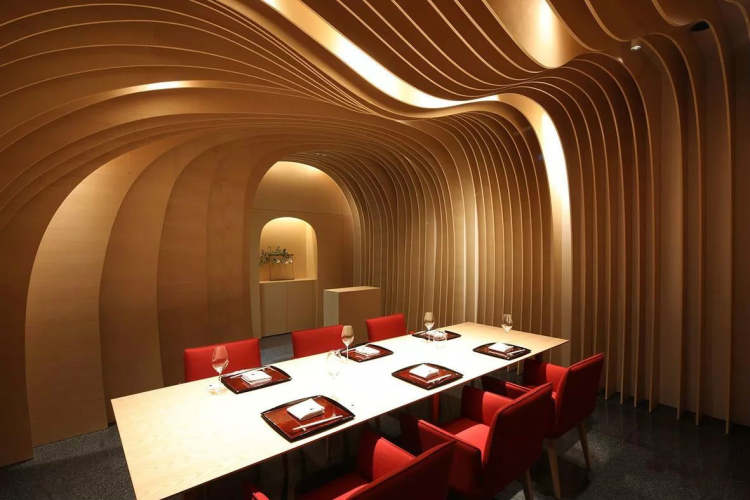
KURIGI Shanghai
Japanese restaurants in Shanghai have grown exponentially in recent years, from high-end stores to street shops, Japanese cuisine is ubiquitous, and its price range covers almost every level of consumption. In terms of the development of Japanese cuisine, Shanghai has unique advantages: first of all, it has a relationship with Japan
-
2
18870
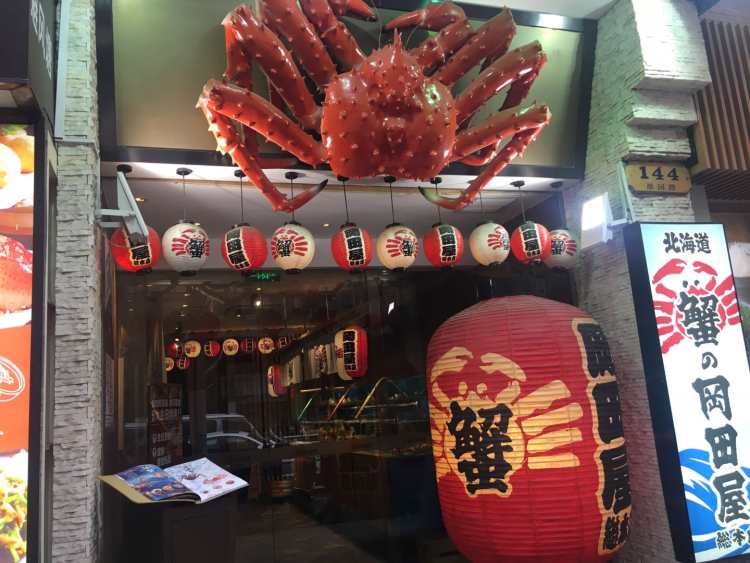
蟹的岡田屋(静安寺店)
As of the end of 2017, Okadaya has 12 stores, and its branches can be found in almost any business district in Shanghai, which is quite influential. Crab's Okama
-
3
17662
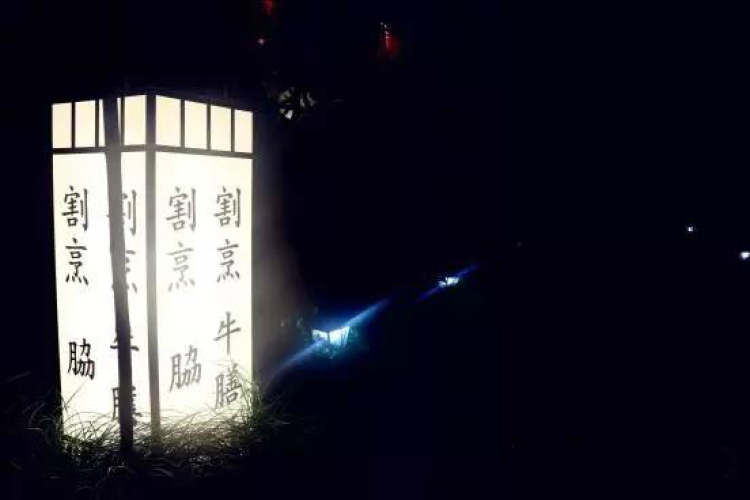
Kappo Waki
Kappo Tsuki opened in 2012 and is positioned as a high-end Japanese restaurant in Shanghai. The owner, Eva, is the deputy head of the Shanghai branch of the Japanese Chef Mutual Autonomous Association, and is often active in the Shanghai Japanese food circle. The restaurant has invited seniors in the Japanese cuisine industry to the store many times to communicate with each other, and in 2016, Japan
-
4
17474
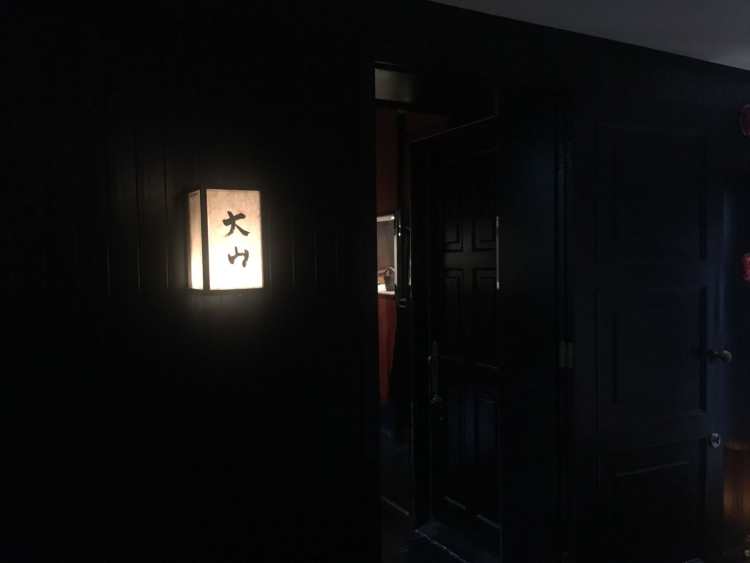
Sushi Oyama
Sushi Daisen is one of Shanghai's longest-established high-end Japanese restaurants, and it is also the first OMAKASE sushi restaurant in Shanghai, and the restaurant has maintained a good reputation since its opening in 2009, and Michelin Shanghai has rated it as a Michelin recommended restaurant. Sushi is the kanji for sushi in Japanese
-
5
17365
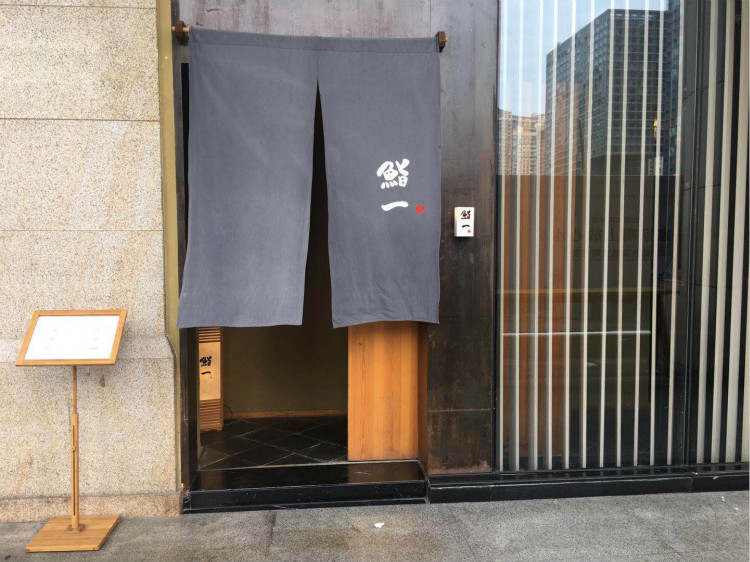
Sushi Ichi
Opened in 2012 on Gaoyou Road in Shanghai, Sulichi has gained a lot of attention as the Shanghai branch of Japan's Ginza Suli, which has been recognized as the best Japanese restaurant in Shanghai for the past few years. But for now, Sushi Ichi Japanese cuisine is high with Japanese Ginza
-
6
17319
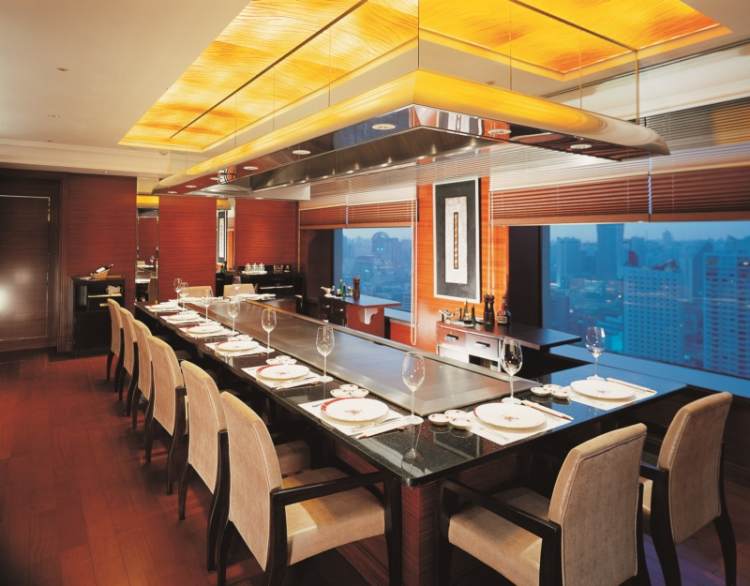
camellia
In addition to eating sushi, which represents orthodox Japanese cuisine, teppanyaki is also an indispensable part of Japanese cuisine. In Japan, eating teppanyaki has even become a status symbol. However, in China, people still prefer to accept sushi and kaiseki here in Japan
-
7
17011
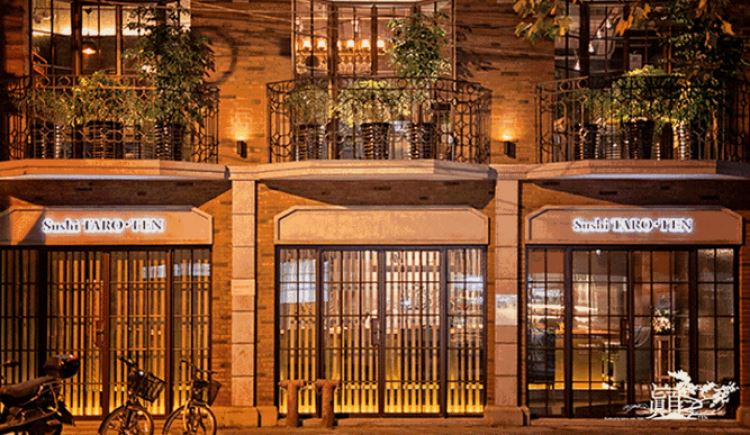
Shanghai Sushi Taro
Shanghai Sutaro is the first overseas branch of the one-Michelin-starred Sutaro restaurant in Hakata-ku, Fukuoka City, Japan. There are currently four Japanese chefs who have worked at Michelin-starred sushi restaurants in Japan, making the lineup one of the best in Shanghai
-
8
17010
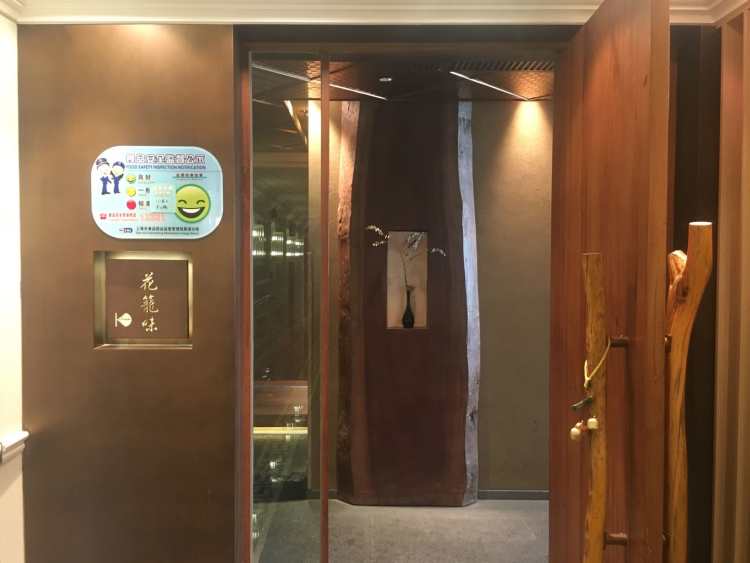
Flower flavor
Hanakumi is also a Japanese restaurant that often appears in food recommendations, and there are many celebrities who come to the store to check in. Hana-Ranami used to be a store in Ginza, Tokyo, but it closed down in 2010 and moved to Shanghai in 2012. with flowers
-
9
16444
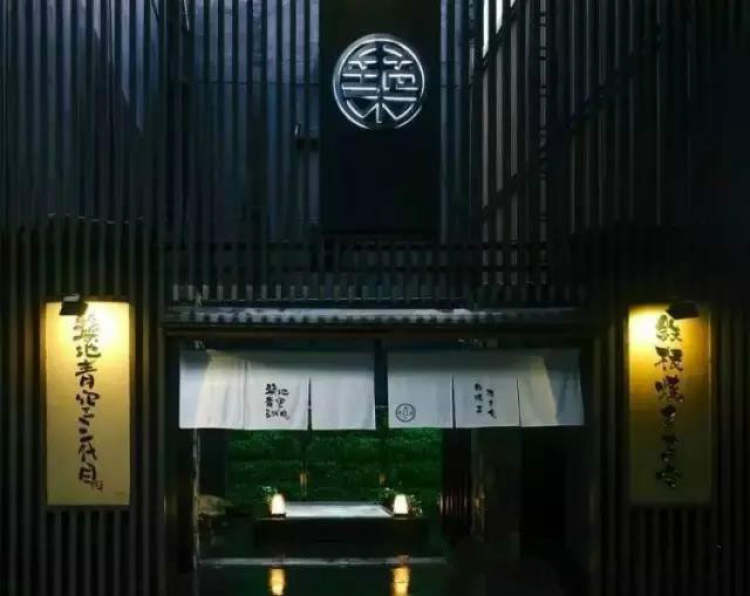
Tsukiji Kaiyuki Sandaime (Mahler Villa Store)
Before 2018, Tsukiji Kaiyuki Sandaime was called Tsukiji Aozora Sandaime, which is a branch of Japan's Tsukiji Aozora Sandaime in Shanghai, with a total of three branches, of which Changle store is a Michelin Shanghai 2017 and 2018 recommended restaurant. The other two branches are located in Villa Mahler and South
-
10
16055
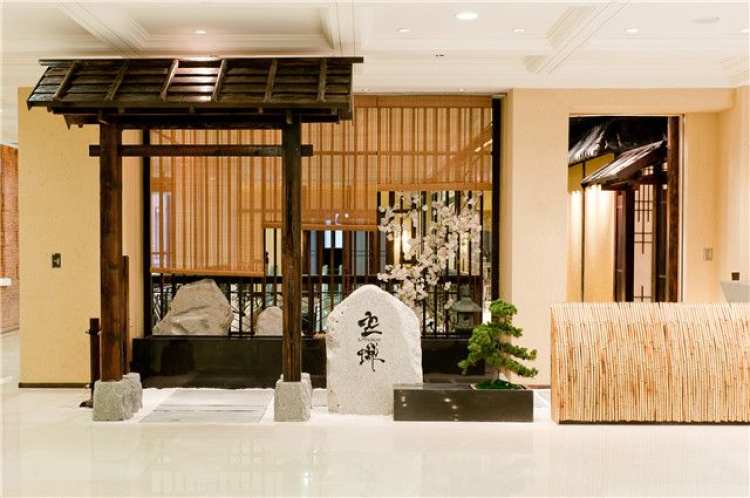
Sora cicada kaiseki cuisine
Before KURIGI landed in Shanghai, Kurigua Kaiseki had always been a high-end Japanese restaurant in Shanghai, and visitors were either rich or expensive. Various lifestyle and food media have awarded trophies to it, especially in 2013-2015, when the empty cicada kaiseki cuisine won the Shang Ryu
Top Leaderboard Recommendations
-
▸
Top 10 recommended Japanese cuisine in Shanghai
-
▸
Top 10 recommended Chaocai restaurants in Shanghai
-
▸
Top 10 recommended buffet restaurants in Shanghai
-
▸
Top 10 recommended steakhouses in Shanghai
-
▸
Top 10 recommended private restaurants in Shanghai
-
▸
Top 10 recommended western restaurants in Shanghai
-
▸
Top 10 recommended coffee shops in Shanghai
-
▸
Top 10 recommended cafes in Shanghai
-
▸
Shanghai Hunan restaurant is ranked in the top 10 recommended
-
▸
Top 10 recommended Zhejiang restaurants in Shanghai
-
▸
Shanghai Huaiyang restaurant is ranked in the top 10 recommended
-
▸
Top 10 recommended Shanghai cuisine
-
▸
Top 10 recommended dishes in Shanghai
-
▸
Top 10 recommended Cantonese restaurants in Shanghai
-
▸
Shanghai hot pot is ranked in the top 10 recommendations
-
▸
Top 10 recommended high-end Cantonese cuisine in Shanghai
-
▸
Top 10 recommended seafood restaurants in Shanghai
-
▸
Top 10 recommended Korean cuisine in Shanghai
-
▸
Shanghai Sichuan restaurant is ranked in the top 10 recommended
-
▸
Top 10 recommended Shanghai beef hot pot restaurants
-
▸
Top 10 recommended izakaya in Shanghai
-
▸
Top 10 recommended Xinjiang restaurants in Shanghai
-
▸
Shanghai Hui restaurant is ranked in the top 10 recommended
-
▸
Top 10 recommended Yunnan restaurants in Shanghai
-
▸
Top 10 recommended afternoon tea restaurants in Shanghai
-
▸
Top 10 recommended music restaurants in Shanghai
-
▸
Top 10 recommended tea restaurants in Shanghai
-
▸
Top 10 recommended vegetarian restaurants in Shanghai
-
▸
Top 10 Best Brunch Restaurants in Shanghai
-
▸
Top 10 recommended Northeast cuisine in Shanghai
-
▸
Top 10 recommended Spanish restaurants in Shanghai
-
▸
Top 10 recommended cocktail bars in Shanghai
-
▸
Shanghai Northwest cuisine is ranked among the top 10 recommendations
-
▸
Top 10 recommended craft beer bars in Shanghai
-
▸
Top 10 Southeast Asian restaurants in Shanghai
-
▸
Top 10 recommended cake shops in Shanghai
-
▸
Top 10 recommended foreign restaurants in Shanghai
-
▸
Top 10 recommended fried restaurants in Shanghai
-
▸
Top 10 recommended xiaolongbao shops in Shanghai
-
▸
Top 10 recommended crayfish shops in Shanghai
-
▸
Top 10 recommended kebab restaurants in Shanghai
-
▸
Shanghai crab feast is ranked in the top 10 recommendations
-
▸
Top 10 recommended noodle shops in Shanghai



